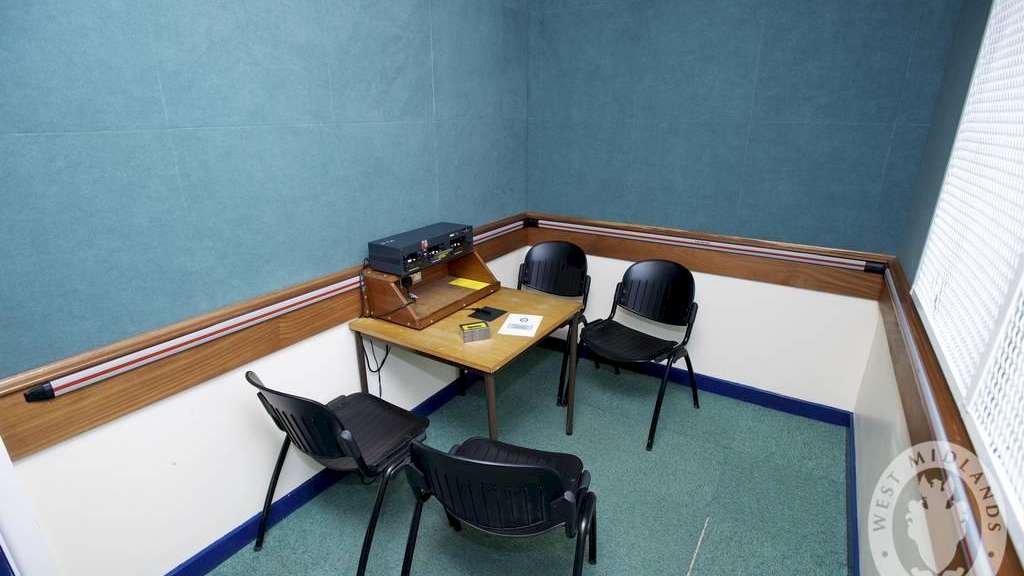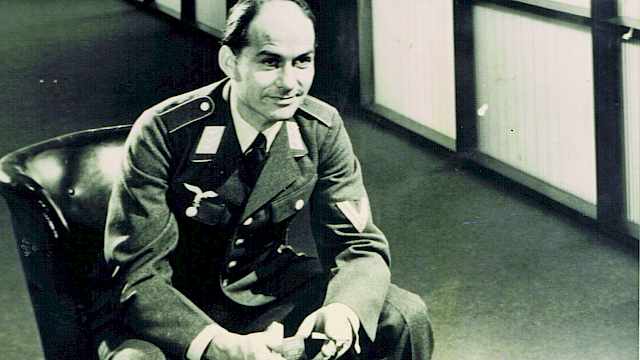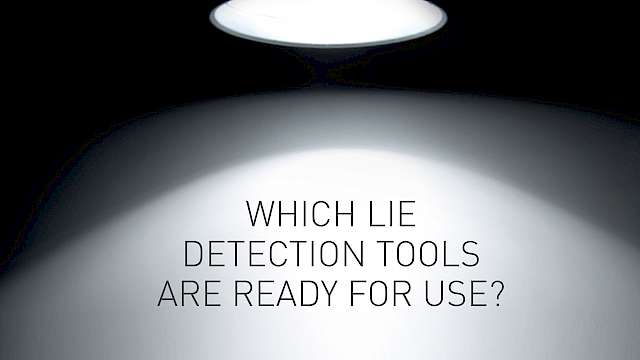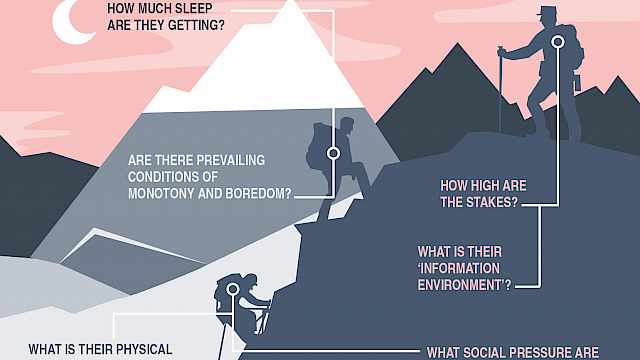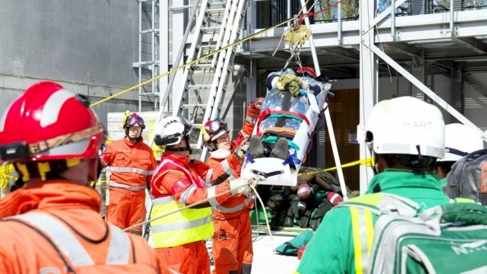The interview is the cornerstone of many police and security investigations. Talking to witnesses, victims, and suspects to piece together what happened in an event can make (or break) investigations.
Interviewing in the UK criminal justice system has come a long way in the last few decades, and academic research has played an important part in this progress. One area of research has focused on effective interviewing techniques that help investigating officers deliver consistently high-quality effective interviews.
Becky Milne is an internationally recognised expert on these techniques and on evaluations of training programmes designed to equip police officers with the latest skills. One widely-used interview approach that has been a particular focus for Becky’s research and evaluation is the so-called Cognitive Interview – a toolbox of techniques which can be applied strategically according to the particular interview scenario. The Cognitive Interview is an approach that’s firmly rooted in psychological research, and it’s taught to law enforcement and security officers around the world.
An interviewer using this approach will focus on the social dynamics of the interview, in particular, making sure they put the interviewee at ease by building good rapport. They use questioning strategies that take account of the way in which people remember and recall information about events. They ask clear, non-leading questions. And last, but absolutely not least, they deploy active listening skills.
Threats, violence, anger, and confrontation may make for good television but not good interviews
Compared to traditional interview approaches, the Cognitive Interview has been found to help interviewees remember more and to report what they remember more effectively. It’s been shown to be successful in many different interview scenarios, including people with learning disabilities, older adults, and children.
Research by Becky and others has demonstrated that one of the most important elements of the Cognitive Interview approach is establishing rapport between the interviewee and interviewer. This adds to a large and growing body of research on the central importance of rapport in investigative interviews (see, for instance, this research on the ORBIT technique).
This may come as a surprise to people whose idea of police interviews is informed by television dramas. But the research is clear: threats, violence, anger, and confrontation may make for good television but not good interviews.
Copyright Information
As part of CREST’s commitment to open access research, this text is available under a Creative Commons BY-NC-SA 4.0 licence. Please refer to our Copyright page for full details.
